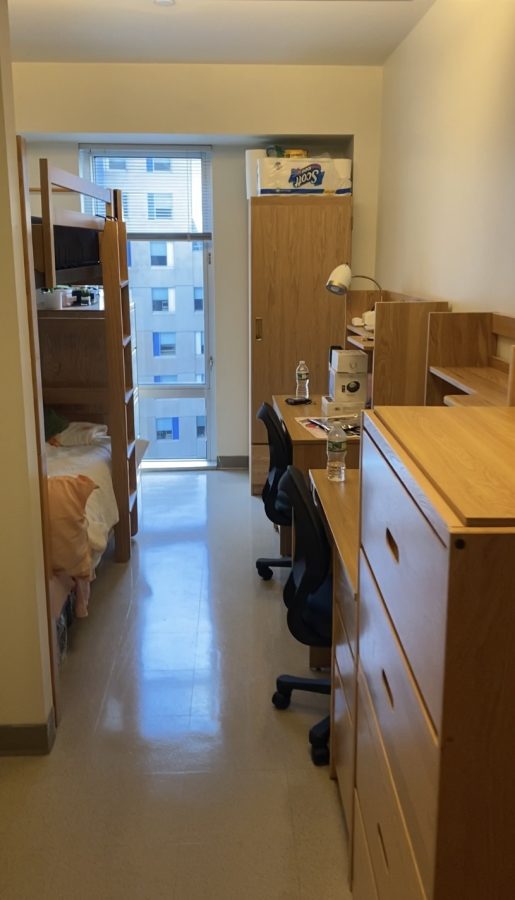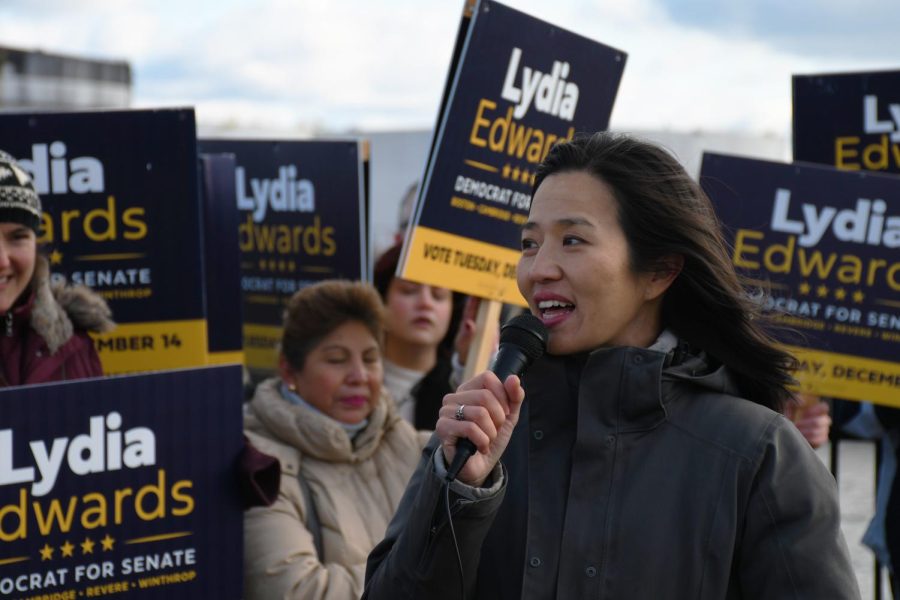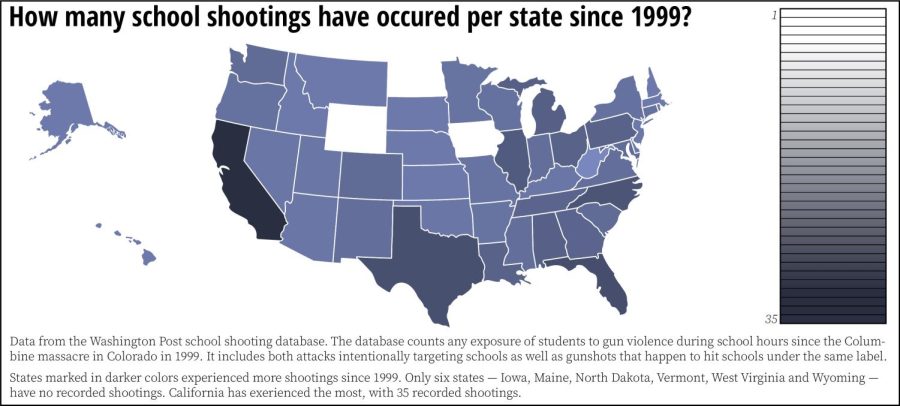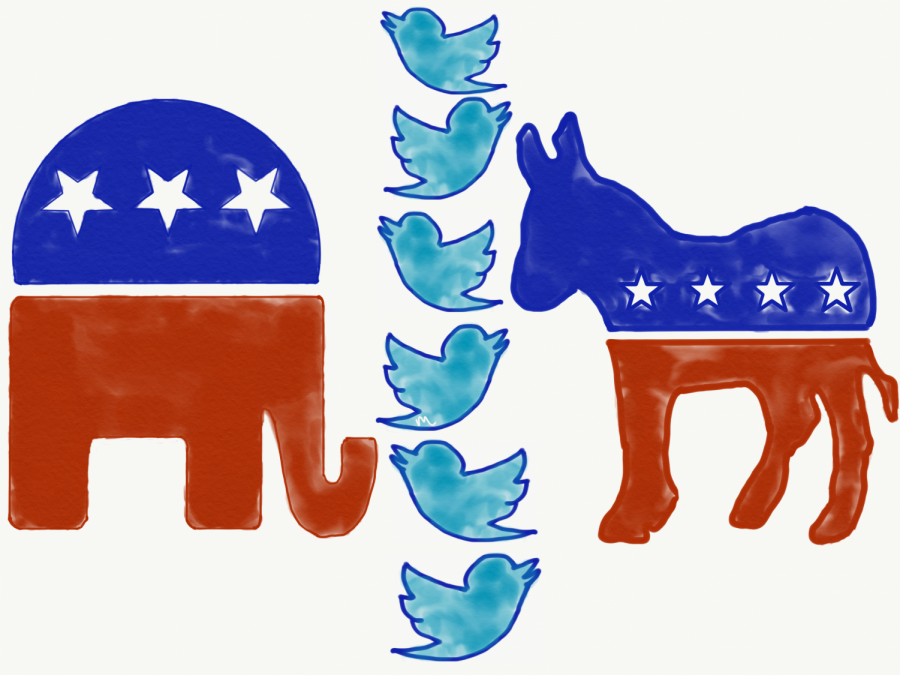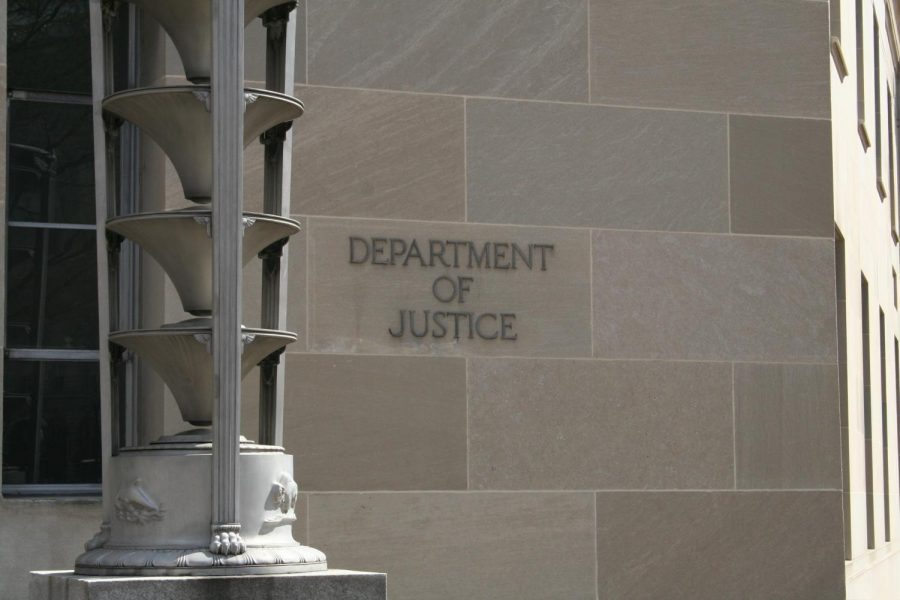By Kenny Sokan, editorial columnist
Have you ever had a crush on a teacher? Their class is your favorite; you work a little harder in that one to impress said professor. In a sea of dozens of students, a quick glance from them seems like an intimate acknowledgement. Nearly everyone has been there.
In high school, a student-teacher relationship is merely fantasy – something you daydream about during idle class time or the few minutes during transitions.
However, in college, when most students are legal adults past the age of sexual consent in their respective states, student-professor relationships can and do happen.
Although not illegal, most universities frown upon sexual or romantic relationships between professors and students. Understandable since they can put both professor and student in compromising situations. For example, a professor may show favoritism towards the student he or she is involved with, whether it be by giving extra assistance on assignments or simply by giving the student higher marks than deserved. On a more devious note, a professor may take advantage of their access to thousands of unsuspecting students, perhaps even using their position to solicit sexual favors for grades.
Granted, abuse of power and sexual predation aren’t always the circumstances of student-professor relationships. I’m sure there have been some consisting of love and mutual respect, but the latter is what universities are concerned about.
In any case, to protect against the reprehensible scenarios, some universities have taken to creating policies that prohibit romantic or sexual involvement between professors and students.
Harvard University is one of the latest to do so, issuing a total ban on sexual or romantic relationships between professors and undergraduate students. Other universities with similar policies include Yale, the University of Connecticut and Arizona State University.
Some may think such a rule is extreme. After all, we’re all adults here. However, it is understandable because a university’s responsibility is to create a fair, equal and safe learning environment for students. Student-professor relationships carry great potential to have harmful and devastating outcomes.
Most universities tend to take a more flexible approach. According to Vice, in 2003, California’s university system made it so that a college professor could not have sex with students that they may end up having to grade.
California’s university system policy is reflective of Northeastern’s and most other universities in the country.
On consensual student-professor relationships, Northeastern policy states, “No faculty or staff member involved romantically or sexually with a student may teach or supervise that person either individually or as part of a group in any activity connected to the University.”
I think this approach is more practical. One adult should not have the authority to tell another whom they can date. Obviously, in an educational environment, precautions are warranted. However, I think regulation rather than prohibition of such relationships is more fitting.
This kind of policy only tackles the academic concerns and not the sexual predation that can occur. To that I say it is up to the individual to make smart decisions. Don’t do what makes you uncomfortable or what you are unsure of. Keep yourself safe and protected. Remember: this is your life, your career, your education.



